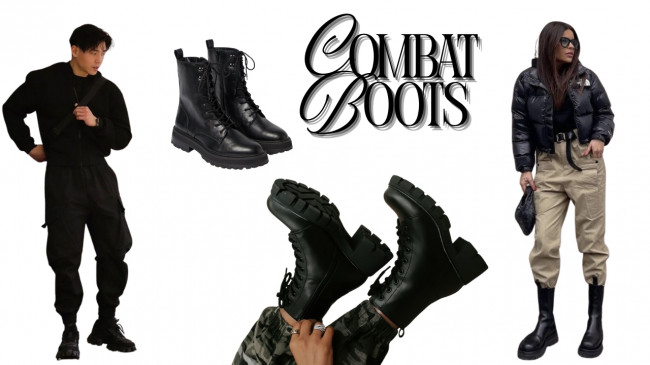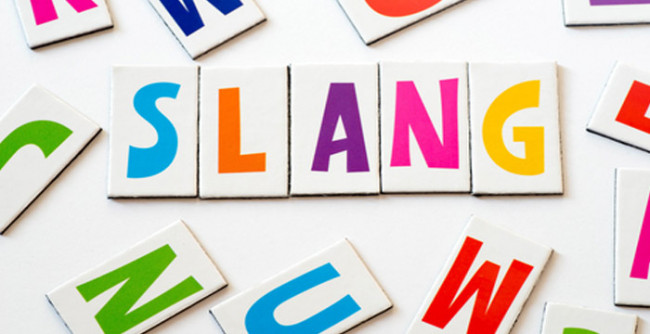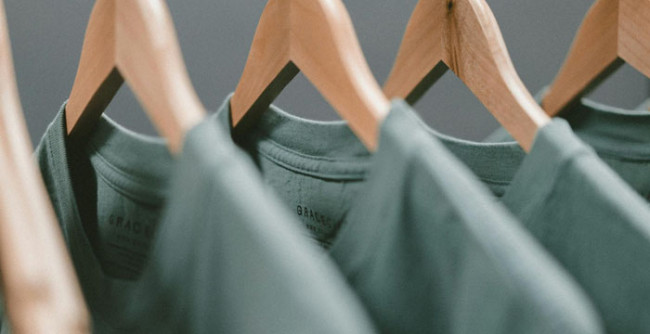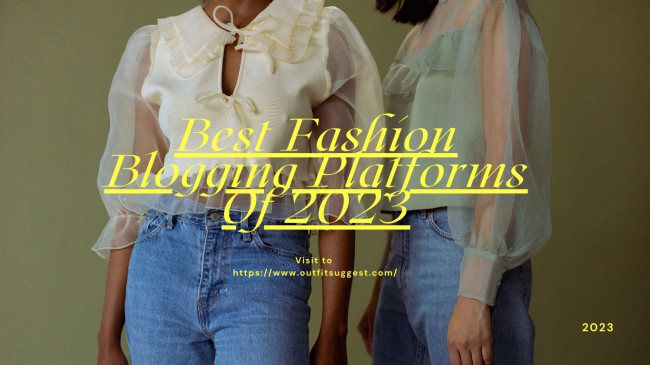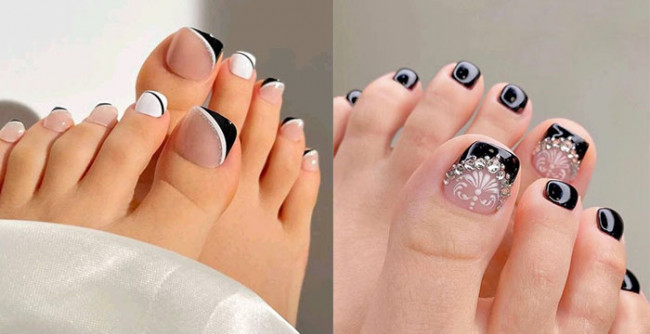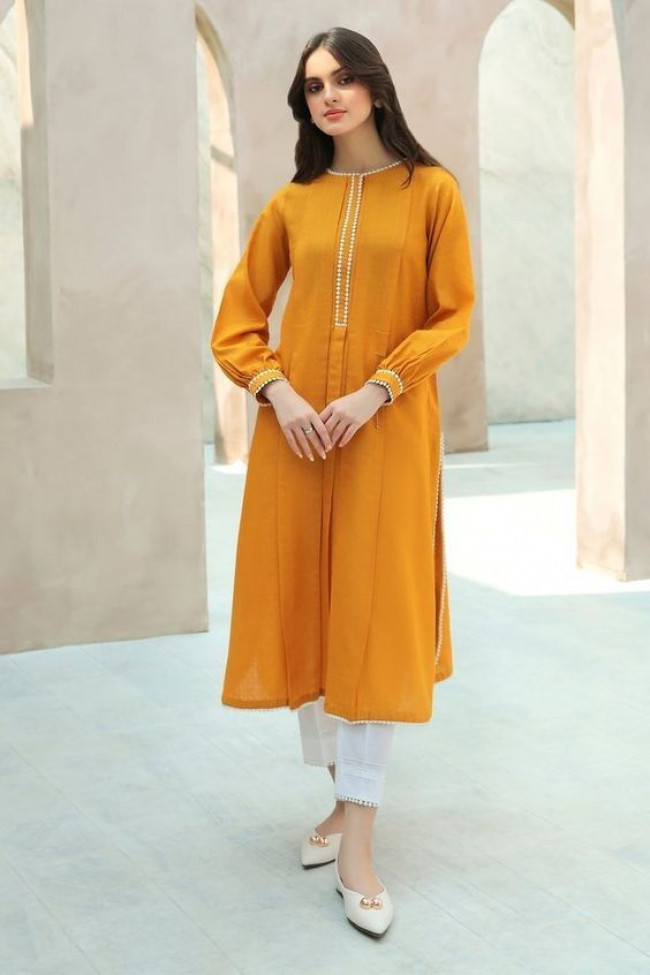Table of Content
The robots have taken over the world!
Or more specifically the fashion industry. Artificial Intelligence (AI) which has its claws in every business has become significantly ingrained in the fashion industry. Not only in terms of marketing but AI has also infiltrated production processes, manufacturing, retail, and even fashion shows!
Of course, for seamless integration of AI into companies, a good internet is essential. From personalized recommendations to customer behavior and trend analysis, a reliable internet such as Cox Internet is an important factor in enabling the effective use of AI.
This guest post aims to shed light on how AI has penetrated and revolutionized the fashion industry and its incurred benefits and issues. Visit www.localcabledeals.com to know more.
Artificial Intelligence in Fashion
Despite the entrenched nature of the fashion industry, artificial intelligence is revolutionizing the industry, from how fashion companies produce their products to advertising and sales.
The fashion industry has always been at the forefront of innovation and technology, adapting to changing consumer preferences, new trends, and advances in manufacturing processes.
Artificial intelligence technologies are changing the fashion industry in all areas including design, sales, delivery, production, and marketing. Fashion design hadcustomarily been a creative process that involves a lot of trial and error, but with the help of AI, stylists can now create improved designs more efficiently and accurately. However, the benefits that AI has brought with it are not limited to this.
Benefits of AI in Fashion
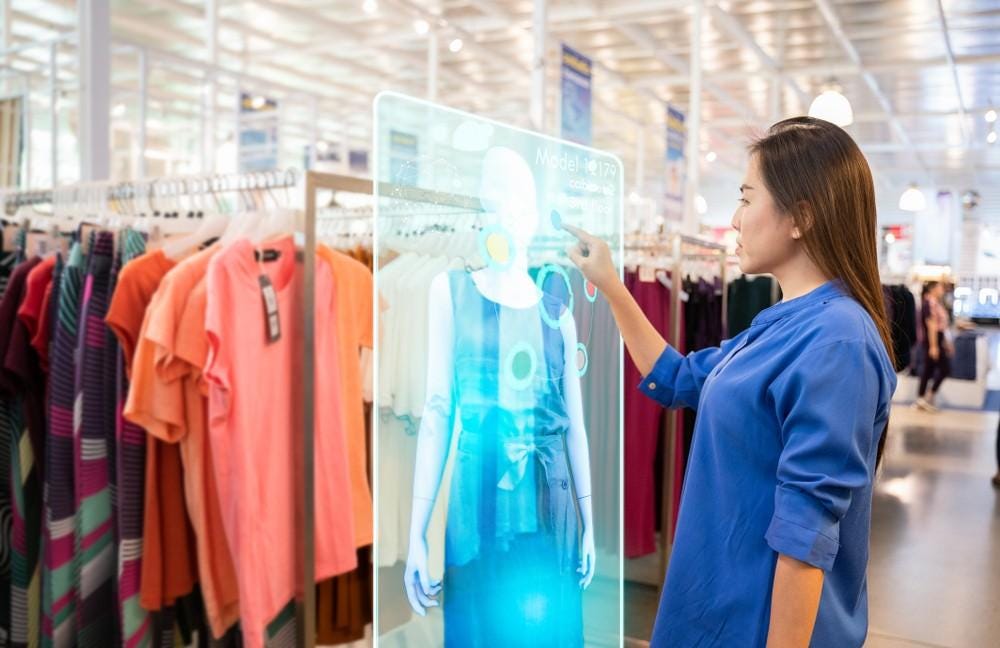
From notifications to automated messages, from setting your preference to suggesting items to consumers, the entire fashion industry around the world uses artificial intelligence.
Predicting trends
AI identifies the trends that are being seen across social media platforms and other platforms to find out what is most preferred in the market.AI also helps designers design products with these trends in mind. Additionally, AI is helping fashion retailers predict trends using machine learning algorithms. These algorithms analyze large amounts of data, including social media trends, and search and sales data, to identify patterns and predict demands. Moreover, AI males predictions by using predictive analytics. This means historical data is analyzed to identify patterns which can then be used to predict future trends.
Encouraging sustainability
As mentioned above, AI helps fashion retailers to predict trends. AI trend prediction removes some of the human error probability and overall uncertainty that currently hinders trend forecasting and helps companies invest in streetwear concepts. AI helps predict the type and amount of dust and helps companies reduce excess dust waste. In addition, AI can help keep track of stocks of already-produced clothing thereby enabling companies to monitor production sizes and inventory.
Quality checks’
Dust tightness is tested manually by professionals on illuminated tables with cutlery. This process is slow and can often propagate bugs to the product. AI can complete this task faster, with much greater accuracy, and without fatigue.
Artificial intelligence can be used to predict in-demand items before production using a neuro-fuzzy system or any other system that uses yarn and fabric design data.
Artificial intelligence methods such as ANN are used to detect defects in fabric inspection in the textile industry. Automatic inspection can be performed using artificial intelligence and image processing to check product quality.
Product Personalization
In a world where shopping is predominantly digital, people need the fastest and easiest way to find the products they need without spending hours browsing through an entire product catalog. AI helps with this in multiple ways.
First, AI helps tailor your email campaigns to increase sales and customer retention. For example, customers whose shopping cart or browsing sessions are interrupted are automatically redirected to emails containing products they left in their cart or showed interest in before leaving the site. Additionally, AI systems can also examine user favorites, previous items bought, and even social media activity to offer modified style recommendations.
Issues with AI in Fashion
While AI sounds very glamorous in its implementations so far, there are some concerns that have been highlighted:
Reduced Creativity
Creative thinking is mostly about making connections between things that at first glance may seem unrelated. This means that you can look at a problem from different angles and find creative or out-of-the-box solutions. As AI algorithms enable design and marketing decisions, fashion could become less creative and individualistic. This is because AI is designed to process information in a certain way and achieve a particular result. It cannot deviate from these directions, and the actions are predictable. Because of this, AI is not very good at creativity, and may actually end up hindering it.
Privacy Issues
AI also raises consumer privacy concerns, as targeting individual consumers affects many categories of data, including personal data that consumers may not have expected to be the kind of information that fashion companies collect. Many artificial intelligence technologies collect large amounts of consumer data, which are used by companies to adapt to the market. However, consumers may not be aware of the amount of information being collected over the Internet, and fashion retailers and designers may be aware of the privacy issues associated with the collection, processing and use of big data and AI.
Wrapping it up
Many forward-thinking retail and consumer products companies are implementing new technology solutions to help them stay competitive and profitable. As the fashion industry relies on consumer and market insight to survive and thrive, brands are using AI support programs to make smarter strategic decisions, especially regarding product development and future business. So what are you waiting for?


